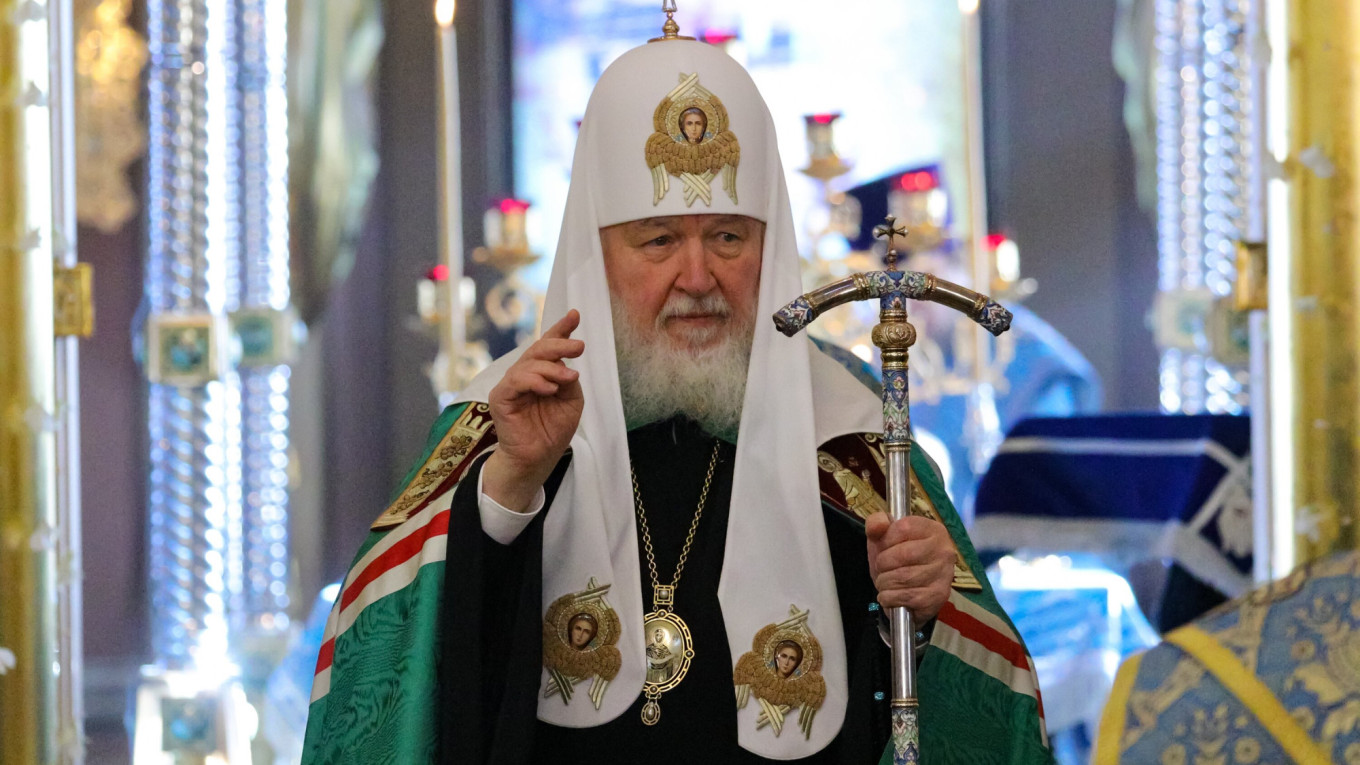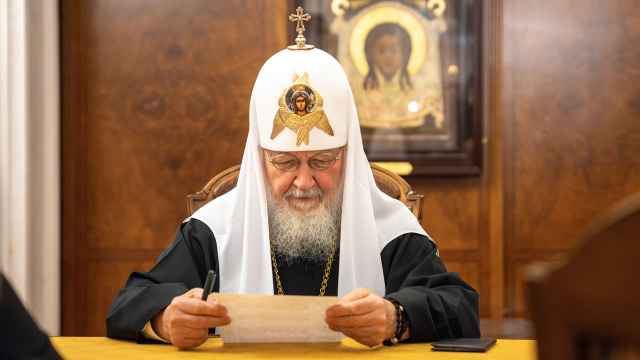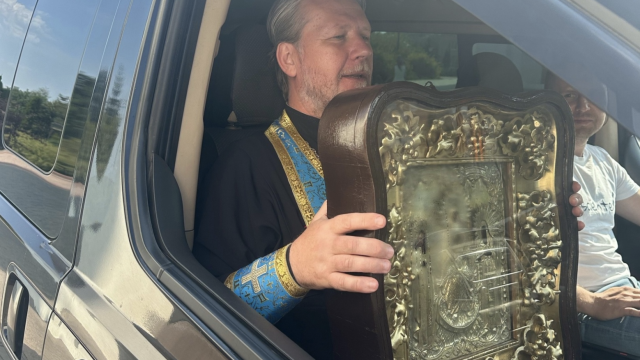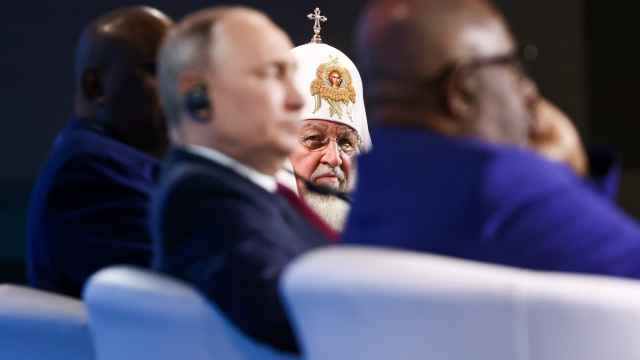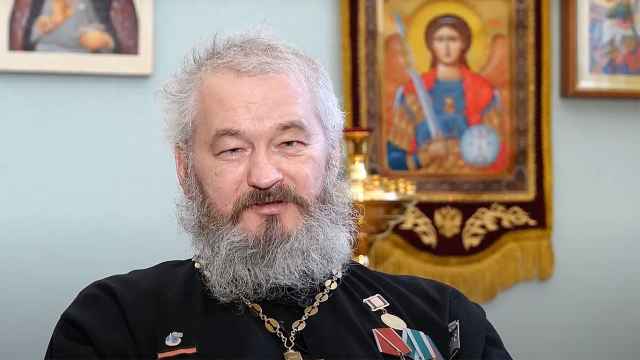Russia's spiritual leader, Patriarch Kirill, on Thursday called for a ceasefire in Ukraine over Orthodox Christmas, which is traditionally celebrated this week by both countries.
The 76-year-old Orthodox Church leader is a staunch supporter of President Vladimir Putin and his invasion of Ukraine who has given his blessing to Russian troops fighting in the war and delivered heavily anti-Western and anti-Kyiv sermons throughout the conflict.
"I, Kirill, Patriarch of Moscow and of all Rus, appeal to all parties involved in the internecine conflict with a call to cease fire and establish a Christmas truce from 12:00 on January 6 to 00:00 on January 7 so that Orthodox people can attend services on Christmas Eve and on the day of the Nativity of Christ," he said on the church's official website.
The Russian Orthodox Church has lost considerable influence in Ukraine since Moscow's annexation of Crimea and fighting in eastern Ukraine in 2014, with some Ukrainians reportedly choosing to celebrate the first Christmas since the war began according to the Gregorian calendar rather than the Julian calendar still used by the Russian Orthodox Church.
In 2019, part of the Ukrainian Orthodox Church broke ties with Moscow — which has had spiritual dominance in much of Ukraine for centuries — in a historic schism.
The Kremlin's decision to send troops into Ukraine in February 2022 resulted in many formally loyal clerics turning away from Moscow.
In May, the Moscow-backed branch of Ukraine's Orthodox Church severed ties with Russia, citing Patriarch Kirill's lack of condemnation of the fighting.
Patriarch Kirill has been sanctioned by Britain and Canada for his outspoken backing of Putin's Ukraine invasion.
A Message from The Moscow Times:
Dear readers,
We are facing unprecedented challenges. Russia's Prosecutor General's Office has designated The Moscow Times as an "undesirable" organization, criminalizing our work and putting our staff at risk of prosecution. This follows our earlier unjust labeling as a "foreign agent."
These actions are direct attempts to silence independent journalism in Russia. The authorities claim our work "discredits the decisions of the Russian leadership." We see things differently: we strive to provide accurate, unbiased reporting on Russia.
We, the journalists of The Moscow Times, refuse to be silenced. But to continue our work, we need your help.
Your support, no matter how small, makes a world of difference. If you can, please support us monthly starting from just $2. It's quick to set up, and every contribution makes a significant impact.
By supporting The Moscow Times, you're defending open, independent journalism in the face of repression. Thank you for standing with us.
Remind me later.


